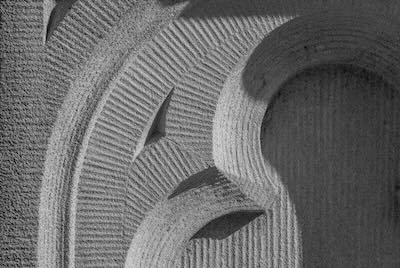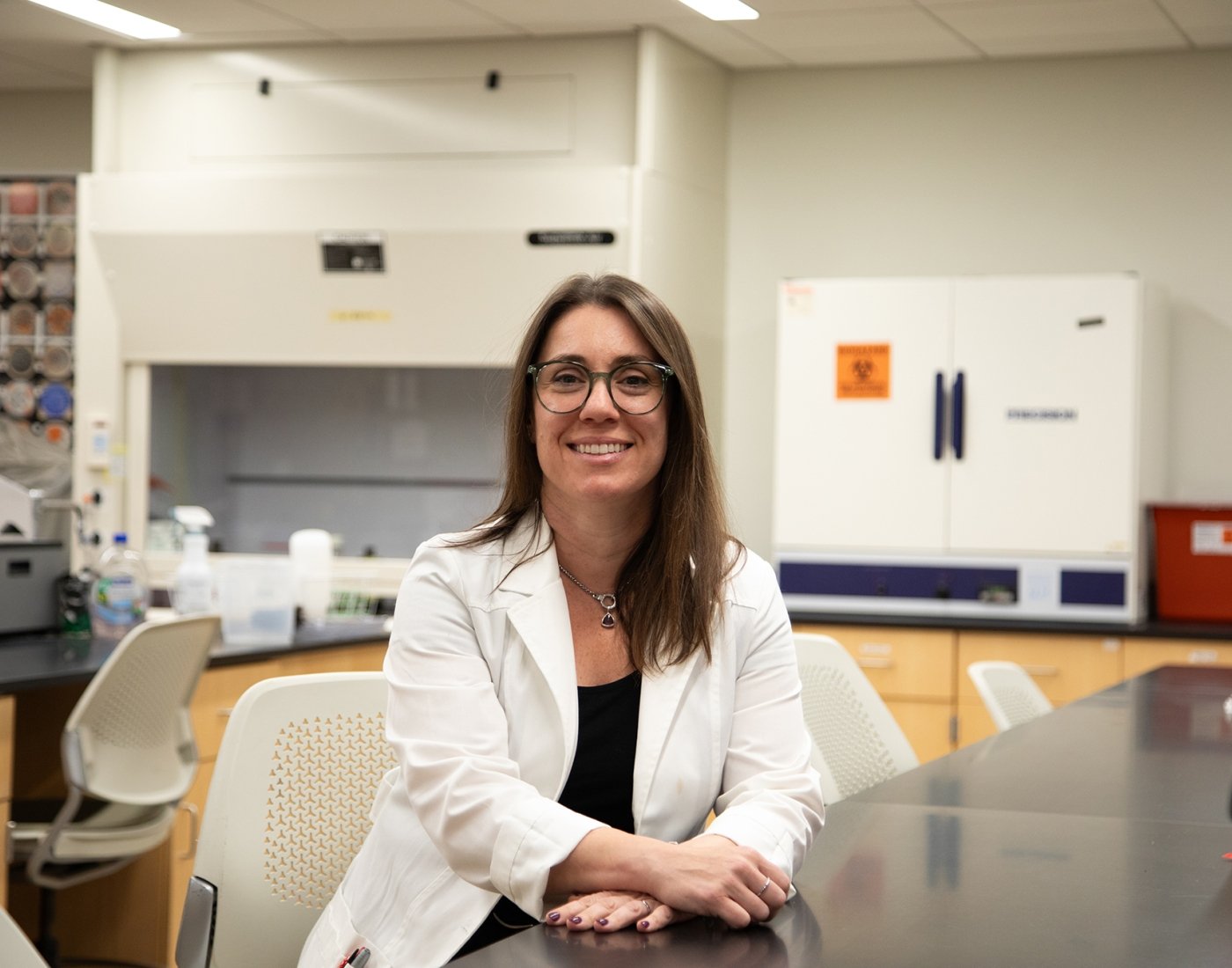
STEM Scholarship and Support
The STEM Experience at Salve (SEAS) program provides scholarships and support for undergraduate students who are majoring in biology, chemistry or mathematics and have demonstrated financial need.
The SEAS program combines STEM education with research opportunities, hands-on learning, fieldwork and internships, along with career exploration, mentoring, professional development and community engagement. SEAS Scholars develop the knowledge and skills they need to succeed in a wide variety of STEM (science, technology, engineering and mathematics) careers, with a focus on the blue economy.
Eligibility and Selection Process
- Step 1: Apply to Salve.
- Step 2: Submit your FAFSA (when available).
- Step 3: Qualified applicants are invited to interview with program faculty after they are admitted.
Students who are selected for this opportunity receive a financial aid package that covers the full cost of attendance* at Salve for four years (including housing), providing the student remains in good academic standing.
*Full cost of attendance references tuition, housing and food, although some additional fees may be required. Federal financial aid may include a small percentage in federally sponsored student loans.
STEM Education for All
"Students coming from economically disadvantaged schools don't always have the opportunity to develop the skills they need to succeed in STEM," said Dr. Belinda Barbagallo, associate professor and chair of the Department of Biology and Biomedical Sciences. "This program builds structures to make sure they don't fall through the cracks. The goal is to make STEM learning and careers more accessible."

The Four-Year SEAS Program
Faculty members from STEM majors advise and mentor our SEAS Scholars throughout their four years at Salve, allowing them to develop relationships with professors from different disciplines.
In years one and two, students build the academic, social and research skills they need to succeed in STEM careers, with a focus on the blue economy. In years three and four, they focus on networking, research and internships, where partners from the blue economy play an important role.
Year One: The Science of Being a College Student
In year one, SEAS Scholars take First Year Studio, a course that helps them adjust to college life and learn "soft skills" such as how to find support on campus and how to study for exams. The course also introduces students to the science labs, STEM careers and hands-on learning opportunities.
In cohort meetings with their faculty mentor, students ask questions, share concerns and learn how to access campus resources such as the Academic Center for Excellence and the Writing Center.
Year Two: Becoming a Scientist
In year two, SEAS Scholars are paired with junior and senior mentors to complete four rotations in the science labs, at least two of which are related to the blue economy. They investigate topics such as bird migration patterns in Narragansett Bay, seaweed ecology and the impact of human industry on ocean life, and marine microbiology and biofilms.
SEAS Scholars have one-on-one meetings with professors heading the research lab as part of their rotations. In cohort meetings with their faculty mentor, they learn more about scientific literature, graduate school, experimental design and conducting research.
Year Three: Envisioning the Future
In year three, SEAS Scholars complete a hands-on learning experience – an internship, independent research or a course focused on creative inquiry or community-engaged learning. They can also present their findings from these experiences at the annual SRyou Student Exposition.
SEAS Scholars have opportunities to network with guest lecturers and participate in virtual coffee hours with Salve alumni from their respective fields. In cohort meetings with their faculty mentor, they explore topics related to career preparation, such as writing a personal statement and resume, networking and interviewing, and applying to graduate school.
Year Four: Putting it All Together
In year four, SEAS Scholars take their capstone course. Drawing on experiences such as internships in blue economy industries, they research a current topic and write a final thesis paper. SEAS Scholars can present their work at the annual SRyou Student Exposition and the official capstone celebration for friends, family and fellow students.
In cohort meetings with their faculty mentor, SEAS Scholars focus on progress and challenges in the capstone course, discussing strategies and supports to overcome those challenges. Cohort meetings also cover topics to prepare scholars for life after graduation, such as finding a job, salary negotiation, financial literacy, resiliency and work-life balance.
Salve's SEAS program is funded by the U.S. National Science Foundation's Scholarships in Science, Technology, Engineering and Mathematics (S-STEM) Program.
